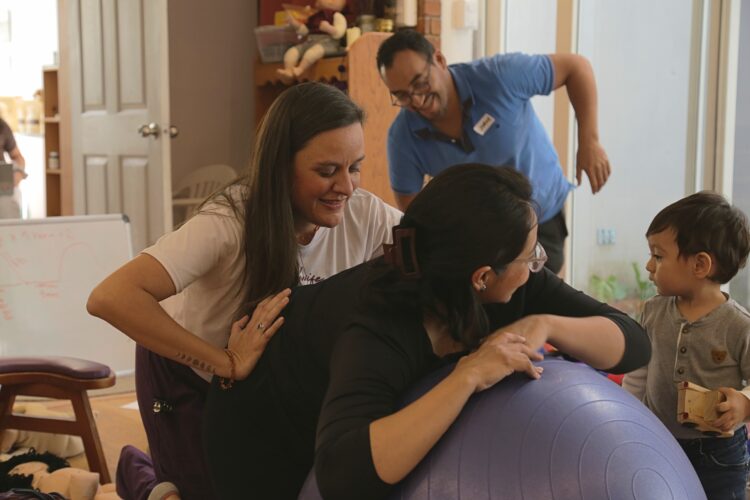Strengthening Midwifery: ICM’s Updated Essential Competencies

The International Confederation of Midwives (ICM) has released the 2024 edition of its Essential Competencies for Midwifery Practice, setting the global standard for the minimum knowledge, skills and professional behaviours required to use the designation of midwife as defined by ICM when entering midwifery practice. These competencies reflect ICM’s vision of quality, evidence-based midwifery care and serve as a guide for education, regulation, and practice worldwide.
The competencies are not tied to any specific work setting. They represent the minimum standard expected of all qualified midwives, regardless of where they practise, and define what a midwife should be able to do at the point of entry into the profession.
The revised essential competencies include an additional category focusing specifically on sexual and reproductive health and rights (SRHR), contraception and preconception care. There are now five categories, up from four in previous versions: cross-functional competencies, SRHR, antenatal care, care during labour and birth, and ongoing care of women and newborns. While SRHR was previously included across other sections of the essential competencies, this dedicated category provides greater clarity on competencies related to contraception, pre-conception care, abortion care, and support for survivors of gender-based violence. This category brings clarity to the role of midwives beyond pregnancy and childbirth—an especially important addition in a world where SRHR is increasingly under threat.
Importantly, these changes do not expand the ICM International Definition or Scope of Practice of the Midwife. Rather, they provide greater clarity on what is required for a midwife to safely and effectively enter clinical practice and work to the full scope of their role.
This evolution comes at a critical time. Conflicts, climate change, pandemics, and attacks on reproductive rights are disrupting access to essential health services. Women and gender-diverse people are often the most affected, particularly in crisis settings. One of the updated cross-functional competencies outlines the knowledge and skills needed to provide care during emergencies, including in contexts of displacement and resource scarcity. Cross functional competencies, highlight the midwives’ role in emergency preparedness, implementation of the Minimum Initial Service Package (MISP), and adaptation to risks such as heat-related illness. It also recognises the importance of breastfeeding support and mental health care in these settings, helping midwives maintain high-quality care in disrupted environments.
The Essential Competencies provide a foundation for strengthening health systems and guiding investment in midwifery. By clearly outlining what’s needed for safe, rights-based care, they help midwives meet the needs of women and newborns in all contexts. But achieving this depends on ensuring more midwives are educated, regulated, and supported to practise to their full scope.
This is the driving force behind ICM’s call for more educated and trained midwives. The theme of the 34th ICM Triennial Congress in Lisbon, Portugal is “One Million More Midwives”—a clear and urgent call to invest in the midwifery workforce. We invite you to join midwives, partners, and advocates from around the world to help turn this vision into reality. Your participation can help shape a future where midwives are fully enabled to provide the care communities need most.